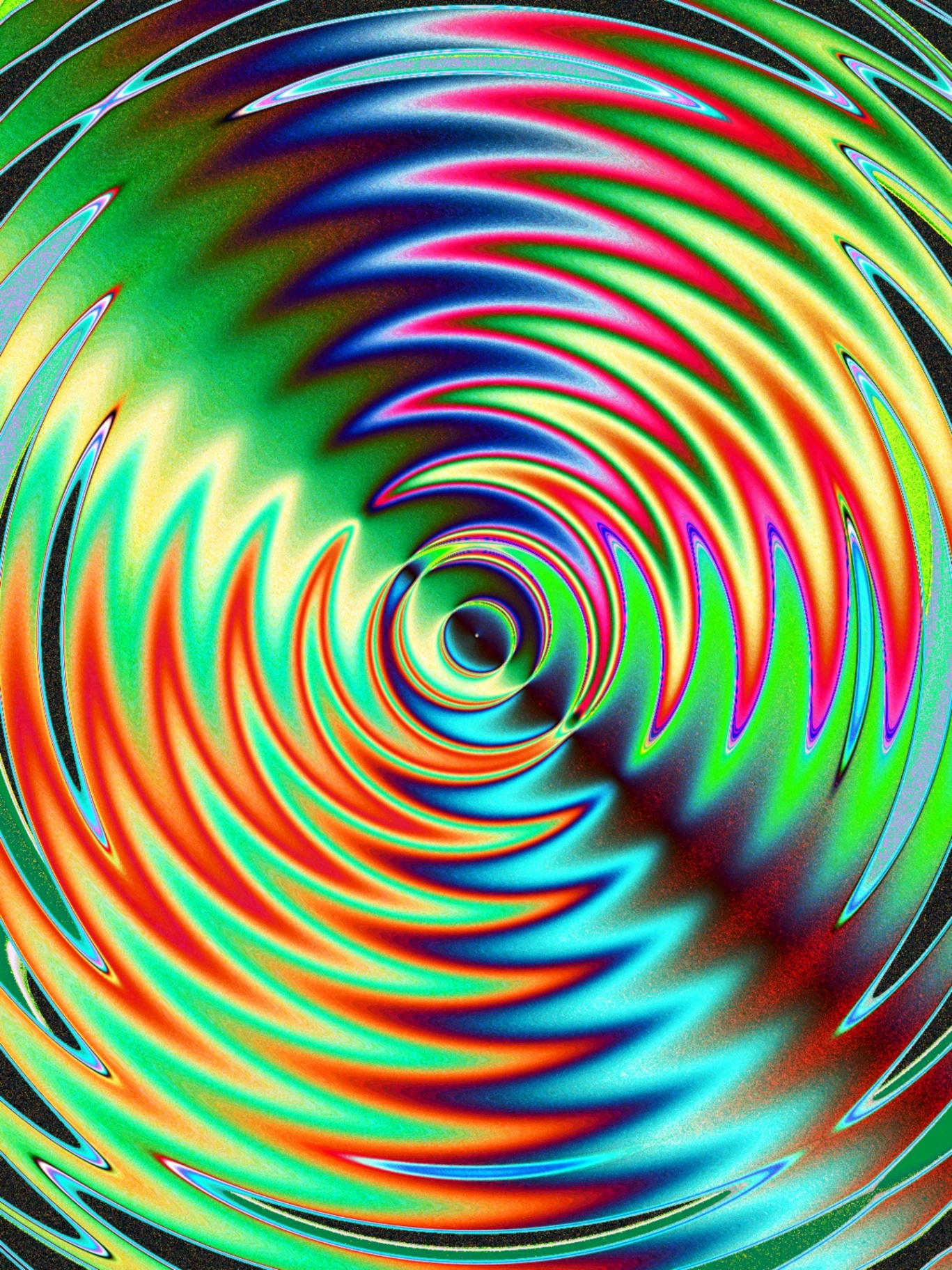Is Ketamine-Assisted Therapy Right for Me?

As a psychotherapist, I have seen firsthand the devastating effects that depression and anxiety can have on people’s lives. These mental health disorders can lead to a loss of hope, a sense of isolation, and a decreased ability to function in daily life.
While I am a firm believer in traditional talk-therapy, I have an inkling that there has to be something out there for clients who don’t respond well to traditional treatment, or are simply looking for alternative treatment modalities. In recent years, there has been growing interest in the use of ketamine-assisted therapy for the treatment of depression and anxiety.
Ketamine-assisted therapy (KAT) involves the use of ketamine, a powerful psychedelic drug, in conjunction with psychotherapy. The ketamine is administered in a controlled setting, and the patient is supported by a therapist throughout the experience.
There is a growing body of research that supports that KAT can be an effective treatment for depression and anxiety. In one study, researchers found that ketamine-assisted therapy was effective in significantly reducing symptoms of depression in people with treatment-resistant depression. Another study found that KAT was effective in reducing symptoms of anxiety in people with PTSD. The most interesting part of the many studies on this is that the effects are longer lasting AND have less risk of adverse reactions than traditional SSRI’s or other modalities of treatment.
If you are struggling with depression or anxiety, I encourage you to learn more about KAT. This treatment may be an option for you if you have not found relief with traditional treatments.
Here are some of the benefits of ketamine-assisted therapy for depression and anxiety:
Rapid and lasting relief from symptoms. In clinical trials, KAT has been shown to produce rapid and lasting relief from symptoms of depression and anxiety. In one study, participants who received ketamine-assisted therapy experienced a significant reduction in their symptoms of depression that lasted for up to a year.
Increased sense of well-being and connectedness. In addition to reducing symptoms, KAT can also lead to an increase in a sense of well-being and connectedness. Participants in clinical trials have reported feeling more hopeful, connected to others, and at peace with themselves after undergoing KAT.
Addressing the underlying causes of depression and anxiety. KAT can help people to address the underlying causes of their depression and anxiety. This can lead to lasting changes in the way people think, feel, and behave.
If you are considering ketamine-assisted therapy, it is important to find a qualified provider who has experience with this type of treatment. KAT is not a one-size-fits-all treatment, and it is important to find a provider who can tailor the treatment to your individual needs.
I believe that KAT has the potential to be a powerful tool for healing depression and anxiety. If you are struggling with these mental health disorders, I encourage you to learn more about this treatment option.
Here are some additional things to consider if you are thinking about KAT:
KAT is not a cure for depression or anxiety. It is a treatment that can help to relieve symptoms and improve quality of life. You will still have to be open to processing and “doing the work” in order to gain maximum benefit.
KAT is not currently covered by insurance. This means that you will need to pay for the treatment out of pocket.
If you are considering KAT, it is important to weigh the risks and benefits carefully. This is a serious treatment that should not be undertaken lightly. However, if you are struggling with depression or anxiety and have not found relief with other treatments, KAT may be an option for you.
I hope this blog has been helpful. If you have any questions, please do not hesitate to contact us at Kofman Wellness.
ReplyForward
